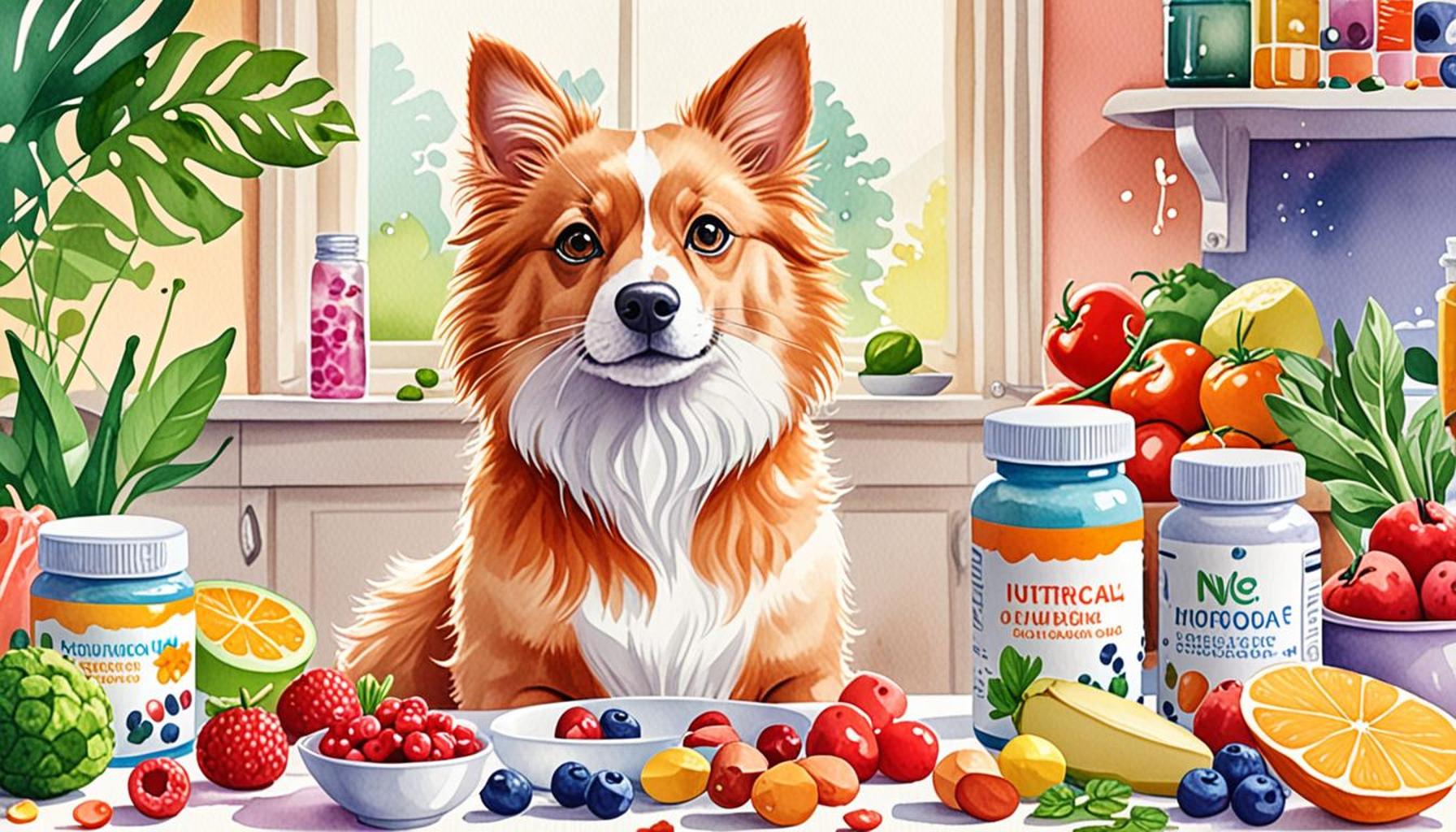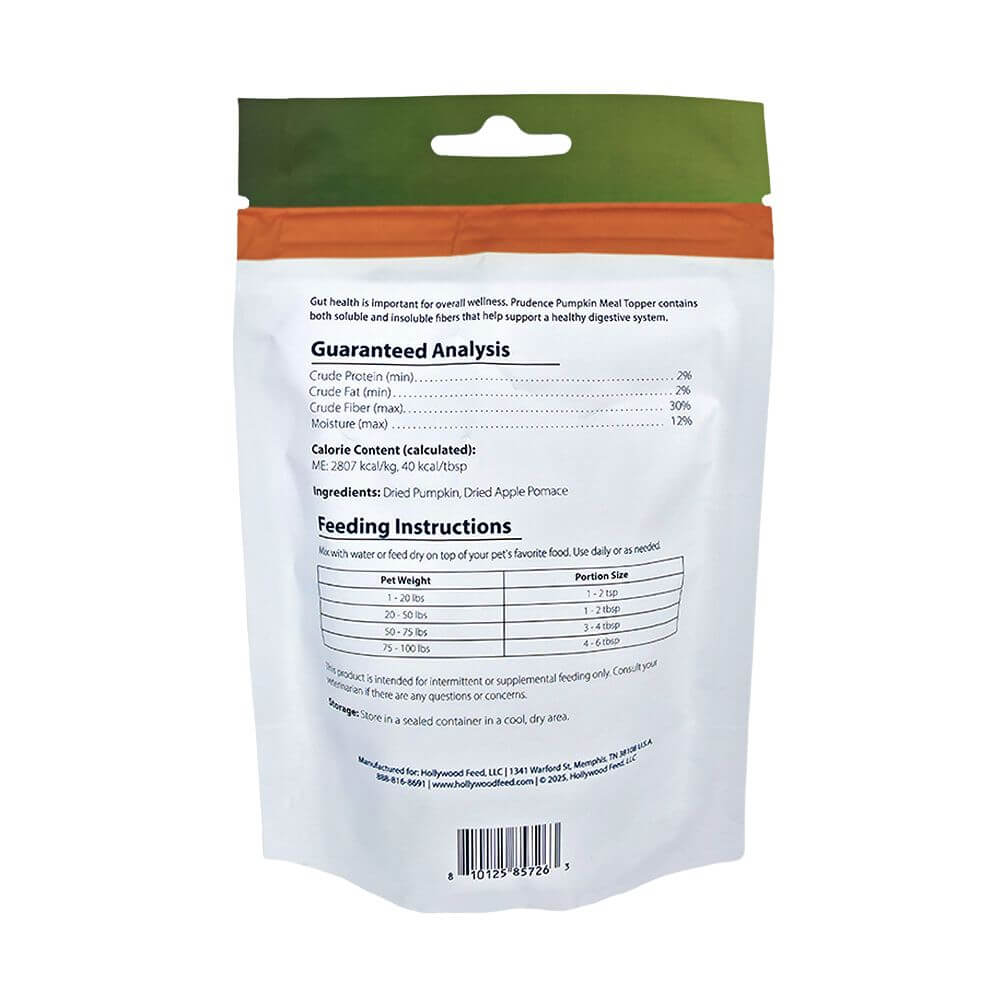Nutritional Supplements: When and How to Use Them to Improve Your Pet’s Diet

The Importance of Nutritional Supplements in Pet Care
Nutritional supplements are increasingly becoming an integral part of pet care, with many pet owners looking to elevate their pets’ diets beyond conventional offerings. These products serve as adjuncts to standard pet food and aim to fill nutritional gaps that may arise due to factors like dietary restrictions, health conditions, and aging. The ultimate goal of these supplements is to foster overall health and well-being for our beloved companions, ensuring they lead vibrant and active lives.
Determining when to introduce nutritional supplements can depend on various indicators related to your pet’s specific health needs. For example:
- Health Issues: Pets suffering from chronic conditions such as arthritis may benefit from glucosamine and chondroitin supplements designed to promote joint health and mobility. Allergies could be addressed through omega-3 fatty acids, which help reduce inflammation.
- Age Considerations: Older pets often require additional support, particularly for joint health and cognitive functions. Supplements containing antioxidants and specific herbs can aid in maintaining cognitive clarity and mobility.
- Post-Recovery Needs: If your pet has recently undergone surgery or faced a serious illness, nutritional supplements like probiotics can help restore gut health and support recovery by enhancing nutrient absorption.
When it comes to choosing the right supplements, careful research is essential. Here are several key considerations:
- Veterinary Guidance: Always consult your veterinarian before introducing any new supplements. They can provide personalized recommendations based on your pet’s unique health profile, ensuring that any additions to their diet are safe and effective.
- Brand Research: Look for reputable brands that prioritize high-quality ingredients. Products that source their ingredients responsibly and transparently label their contents likely offer greater health benefits.
- Quality Testing: Choose supplements that have undergone rigorous quality assurance testing. This ensures that what you’re giving to your pet is not only effective but also free from harmful contaminants.
With so many options available on the market, pet owners may find the selection process daunting. However, with informed choices, the right nutritional supplements could mean transforming your pet’s health journey and significantly enhancing their quality of life.
In the sections that follow, we will delve into the various types of nutritional supplements available and provide strategies on how to seamlessly integrate them into your pet’s daily routine. Prepare to transform your approach to your four-legged friends’ diets by exploring this crucial aspect of pet health!

PRO TIP: Click here for essential travel tips for your pet
Understanding the Types of Nutritional Supplements
Navigating the world of nutritional supplements for pets can feel overwhelming due to the wide range of options available on the market. It’s essential to understand the various types of supplements and their specific roles in enhancing your pet’s diet. Here, we break down some of the most common types, their benefits, and how they can support your pet’s health.
1. Vitamins and Minerals
Vitamins and minerals are foundational components that can significantly impact your pet’s well-being. These supplements can help fill gaps in essential nutrients that may not be present in their regular diet. For instance, pets on homemade diets might lack specific vitamins like Vitamin E, which is crucial for maintaining a healthy immune system and skin condition.
2. Fatty Acids
Omega-3 and Omega-6 fatty acids are gaining popularity due to their anti-inflammatory properties and benefits for skin health and coat shine. Omega-3 fatty acids, often derived from fish oil, are particularly effective in managing skin allergies and joint pain—conditions prevalent in many breeds. Regular incorporation of fatty acids can lead to a noticeable improvement in skin conditions and overall vitality.
3. Probiotics
Similar to humans, pets can greatly benefit from probiotics, which are live microorganisms that promote gut health. Probiotics are particularly helpful for pets suffering from digestive issues, including diarrhea. They support the balance of healthy bacteria in the gut, enhancing nutrient absorption and boosting the immune system, making them especially useful after antibiotic treatments or during stress.
4. Herbal Supplements
Herbal supplements have gained traction as natural adjuncts to pet diets. Ingredients such as ginger can help soothe upset stomachs, while milk thistle is known for its liver-supporting properties. However, it’s crucial to research any herbal options thoroughly, as not all plants are safe for pet consumption.
5. Joint Support Formulations
As pets age, joint issues become increasingly common, making joint support supplements vital for many dogs and cats. Products containing glucosamine, chondroitin, and MSM (methylsulfonylmethane) are popular for their potential to alleviate discomfort associated with joint degeneration. These supplements can help maintain mobility and lessen the severity of joint pain, allowing older pets to enjoy a more active lifestyle.
Each type of supplement serves a distinct purpose, making it crucial for pet owners to align their choices with their pets’ specific health needs. Understanding the different categories of nutritional supplements will empower you to make informed decisions that support your pet’s longevity and quality of life.
As we move forward, we will explore practical strategies for integrating these supplements into your pet’s routine, ensuring that their transition to an enhanced diet is both seamless and beneficial.
| Category | Advantages |
|---|---|
| Vitamins | Promote optimal growth and immune function, helping to prevent diseases. |
| Minerals | Aid in various bodily functions, such as bone health and metabolic processes. |
| Fatty Acids | Support skin health, reduce inflammation, and improve coat condition. |
| Probiotics | Enhance gut health, promote efficient digestion, and strengthen the immune system. |
Incorporating the right nutritional supplements into your pet’s diet can significantly transform their overall health and well-being. Understanding when and how to use these supplements ensures that your furry friends receive the benefits they deserve. Vitamins, like A, D, E, and K, among others, play a vital role in ensuring their bodily functions run smoothly. These essential substances encourage optimal growth and help fortify their immune system, providing protection against various ailments.Furthermore, minerals such as calcium and phosphorus are key in promoting strong bones and proper metabolic processes. Meanwhile, adding fatty acids can enhance skin health, reduce inflammation, and add luster to your pet’s coat, ensuring they look as good as they feel. Don’t overlook the power of probiotics; these live microorganisms support gut health, leading to better digestion and a strengthened immune response. When used wisely, nutritional supplements can truly enhance your pet’s diet, aiding their overall health and happiness. Let’s explore how to introduce these elements into your pet’s meals effectively, ensuring they thrive every day.
DISCOVER MORE: Click here to learn how to spot stress in your furry friends
Integrating Nutritional Supplements into Your Pet’s Diet
Understanding the types of nutritional supplements available for your pets is just the first step; implementing them effectively into your pet’s diet is equally crucial. Integrating these supplements calls for a thoughtful approach that considers your pet’s individual needs, preferences, and existing dietary regimen.
1. Assess Your Pet’s Needs
Before making any additions to your pet’s diet, it’s vital to conduct a thorough assessment of their health condition and nutritional requirements. Regular veterinary check-ups can provide insights into any deficiencies and shape your supplement strategy. Is your pet receiving adequate proteins, fats, and fibers, or are there signs of specific nutrient shortages? For example, senior dogs may require additional joint support supplements, while young cats may benefit from a general multivitamin. Consulting your vet can steer you towards the most appropriate product for your furry friend.
2. Start Slow and Monitor
When introducing a new supplement, it’s prudent to start with a lower dosage than recommended and gradually increase it. This approach allows your pet’s digestive system to adjust while minimizing the risk of adverse reactions. Keep an eye out for any changes—whether positive or negative—in your pet’s behavior and health. For example, if a probiotic supplement is added, monitor for improved digestion or any signs of stomach upset. Remember that each pet’s reaction can vary, and what works for one may not work for another.
3. Choose Quality Products
In the ever-expanding market of pet nutrition, the quality of supplements can greatly differ. Look for products that have been formulated specifically for pets and have undergone rigorous testing. Third-party certifications can lend credibility to the effectiveness and safety of the supplement. Ingredients should be sourced responsibly, and the manufacturing process should comply with high industry standards. Brands with a strong reputation and positive reviews can often provide the reassurance you need when selecting supplements.
4. Incorporating into Meals
Integrating supplements into your pet’s meals can be easy once you find the right method. Many supplements are available in the form of powders, liquids, or chewables, giving you flexibility in delivery. For instance, if you’re using a powdered supplement, sprinkle it on your pet’s food or mix it in with their favorite wet food to mask any unusual taste. Alternatively, for those pets who are more picky, flavored chewable tablets can make administration a treat rather than a chore.
5. Timing Matters
Timing can significantly impact the effectiveness of certain nutritional supplements. For example, fatty acids may be better absorbed when taken with a meal, particularly one that contains fat. Conversely, certain probiotics are best given on an empty stomach to maximize their potency. Therefore, understanding the ideal time for administering each supplement can enhance their function and benefits. Make sure to familiarize yourself with the specific instructions of each product for optimal results.
6. Keep a Routine
Consistency is key. Establishing a routine can help in reinforcing the habit of taking supplements and makes it less likely that your pet will resist. Setting fixed feeding times and adhering to a regular supplementation schedule increases the chances of long-term adherence as well as maintaining balanced nutrition.
As you navigate the supplementation journey for your pet, balancing diligence with experimentation can lead to better health outcomes for your furry family members. Ultimately, their well-being lies in a combination of quality food, tailored supplements, and a loving environment.
DON’T MISS: Click here for essential travel tips for your pet
Conclusion
In the quest to enhance your pet’s overall health and vitality, understanding and effectively utilizing nutritional supplements can play a pivotal role. As detailed in this article, the journey begins with a thorough evaluation of your pet’s specific needs, supported by insights from veterinary professionals. Given the diverse options available, choosing the right supplements tailored to your pet’s unique dietary gaps is essential.
Moreover, introducing these supplements should be approached gradually to allow your pet to adjust, while continuous monitoring ensures their well-being. A focus on quality products is non-negotiable; always opt for reputable brands backed by third-party testing. Implementation strategies—whether through meal integration, choosing the right timing, or maintaining a consistent routine—can significantly enhance the effectiveness of the supplements.
Ultimately, the supplementation journey is not about quick fixes but about fostering long-term health. By combining balanced, nutritious food with tailored nutritional supplements, pet owners can make informed choices that contribute to their companions’ enhanced quality of life. As you continue to explore this evolving field, remain curious, stay educated, and consult health professionals to ensure you’re providing the best possible care. The well-being of your furry friend hinges on your commitment to understanding their nutritional needs—embracing this knowledge can lead to healthier, happier pets.



